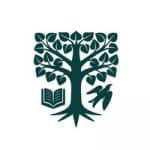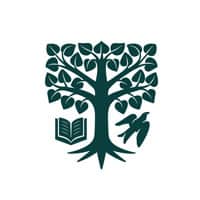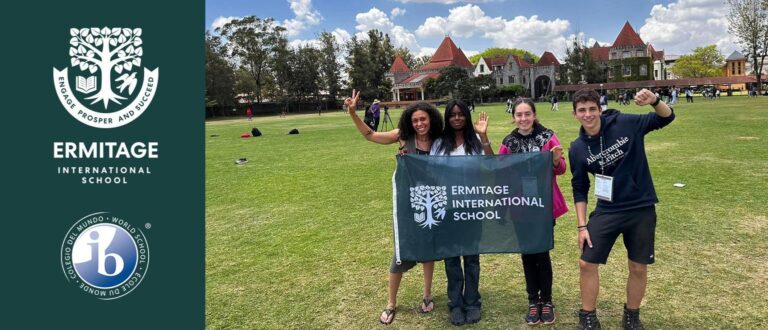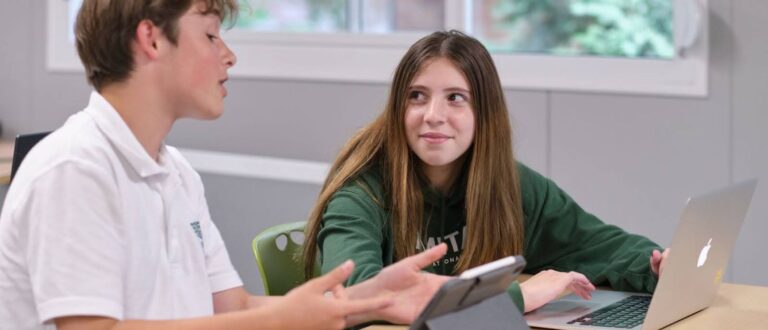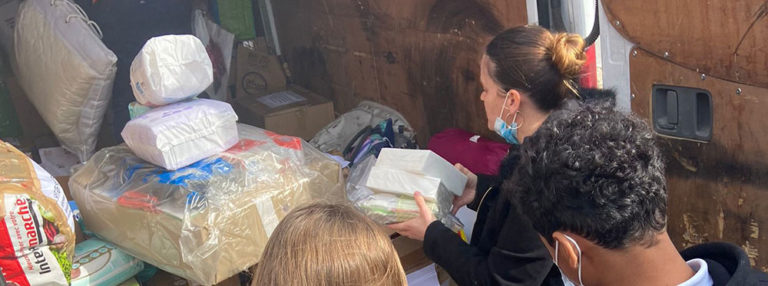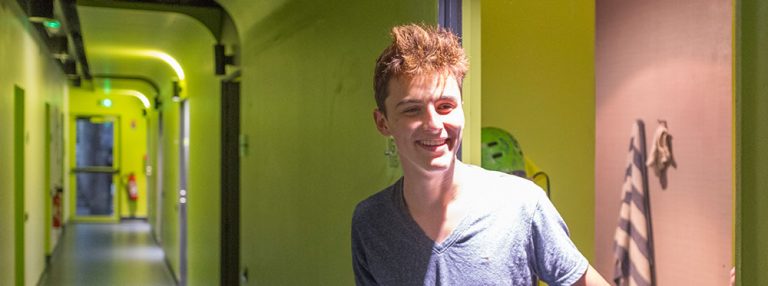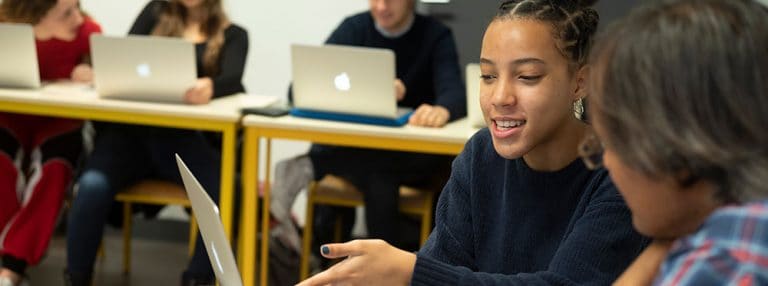At Ermitage IB School, we prioritize wellbeing and restorative practices. By fostering a caring school community, we empower students to develop resilience, accountability, and emotional intelligence—essential skills for success in an ever-evolving world.
The Role of Wellbeing in Academic and Personal Growth
Adam Grant was right when he said, “Some of the greatest moments in human history were fueled by emotional intelligence.” At Ermitage International School, we understand that a truly effective education – especially through the lens of the International Baccalaureate (IB) programmes – goes beyond academic excellence. Preparing students for the future means equipping them with not only knowledge but also the emotional intelligence and interpersonal skills they need to navigate an increasingly complex world. Wellbeing and restorative practices are at the heart of our approach, ensuring that students develop resilience, accountability, and a strong sense of community. We foster a caring school community where every student feels supported, valued, and empowered to succeed.
Student wellbeing encompasses mental, emotional, and social development. Research shows that students who feel supported and valued perform better academically, are more engaged in their learning, more confident, and better equipped to overcome challenges. A positive school culture that prioritises wellbeing fosters open communication, builds meaningful relationships, and helps students develop self-awareness essential for success in higher education and beyond.
At the IB school of Ermitage International School, we integrate student wellbeing into daily school life by promoting emotional literacy, mindfulness, and strong support networks. Our caring school community ensures that students learn to manage stress, take risks, and approach challenges with a growth mindset, cultivating a sense of purpose that extends beyond the classroom.
Transforming School Culture with Restorative Practices
Traditional disciplinary methods often rely on punishment. We act out, get punished, fail to learn from it, and the cycle begins again. Restorative practices, on the other hand, emphasize dialogue, understanding, and accountability.
At Ermitage IB School, we implement a restorative approach that encourages students to reflect on their actions, recognise their impact on others, and actively work to rebuild trust and relationships. Our key restorative practices centre relationships and include:
- Restorative Conversations: Facilitated sessions where students express their perspectives, listen to others, and develop empathy, fostering greater understanding and responsibility. A process that is authentically human and deeply rooted in justice.
- Conflict Resolution Circles: Safe spaces for discussing issues and finding solutions collaboratively. These sessions provide a safe and structured environment where students can openly discuss the impact of their behaviour, reflect on their actions, and engage in meaningful conversations with those affected. Through guided discussions, they gain insight into the perspectives of others and develop a stronger sense of accountability.
- Restorative Actions: Opportunities for students to take responsibility for their actions through service, written reflections, or direct restitution. These actions enable students to take ownership of their mistakes and work towards rebuilding trust.
By focusing on healing rather than punishment, we create a caring school community rooted in respect, responsibility, and personal growth.
The Impact of Wellbeing and Restorative Education
As the Anti-Bullying Alliance states, “Schools that prioritise wellbeing and positive behaviour strategies create a culture where students feel safe, respected, and valued. This leads to better educational outcomes and a reduction in bullying and behavioural issues.”
At Ermitage IB School, where the International Baccalaureate philosophy shapes our educational approach, we have witnessed the transformative effects of integrating wellbeing and restorative education into our curriculum. Our students develop the confidence to express themselves, the resilience to handle setbacks, and the leadership skills to contribute positively to their communities — essential qualities for success in higher education, the workplace, and global society.
Preparing Students for a Connected and Responsible Future
We are not just preparing students for exams; we are preparing them for life. By fostering a culture of wellbeing and accountability, IB programmes at Ermitage International School ensure that every student graduates with the skills, mindset, and emotional intelligence to navigate the future with confidence.
The future of education lies in creating environments where students feel empowered, valued, and supported. By embracing and refining restorative practices, we are shaping a generation of thoughtful, community-oriented individuals with the intercultural understanding to make a difference in the world.
At Ermitage IB School, we are proud to be at the forefront of this movement. We invite educators, students, families, and all who believe in the power of wellbeing and restorative education to join us in building a brighter, more connected future within our caring international school community.
Ben Ranson is the Wellbeing Lead for Ermitage IB School Paris, bringing his experiences teaching and leading schools in the UK, China, and Egypt. A trained Headteacher, Fellow of the Royal Geographical Society and certified International Mountain Leader, Ben is dedicated to fostering character development and holistic education.
Ermitage International IB School welcomes students aged 8-18, for our International Primary Programme, IB Middle Years Programme (MYP) and Diloma Programme (DP). The school is based in the small, leafy town of Maisons-Laffitte, just twenty minutes form the centre of Paris, and offer boarding options. Would you like to find out more about the school, our programmes or campus? Contact Ermitage International School on its website or directly by email at admissions@ermitage.fr
